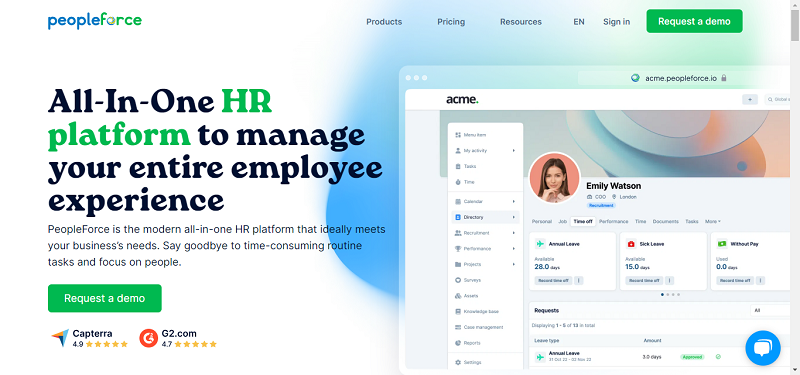When big companies decide to go on the cloud, they make headlines in technical journals around the globe. When governments decide to go on the cloud, they make headlines in both technical and mainstream media, chary as governments are in embracing technology. However, when small and medium enterprises (SMEs) go on the cloud, hardly anyone notices.
However, such a move is definitely noteworthy, especially since there are so many of them around. Unfortunately, not many realize the benefits that cloud computing can bring to their businesses in terms of cost effectiveness, operational efficiencies and scalability. Although adoption of cloud computing is growing at an encouraging rate, a lot more needs to be done to leverage this amazing technology for maximum effect.
According to a recent survey undertaken by freelancing site PeoplePerHour.com among 1,300 SMEs in the United Kingdom, it was found that as many as 74% do not use cloud computing. What gives greater cause for concern is that 43% of the respondents did not even know what the term “cloud computing” meant.
Also, mere knowledge of the technology was no guarantee of acceptability, considering that 36% of those who did understand what cloud computing is about did not deem it necessary to adopt it in their businesses. As to the reasons behind this hesitation, security concerns, which has been the bugbear for large corporations, came in second behind cost concerns at 9% and 10% respectively. Also, 2% cited reliability issues as the reason holding them back from embracing cloud computing.
I have already addressed the security concerns in a previous article (Is Cloud Computing Secure? Yes, Another Perspective) where I have stated that cloud computing is no less secure than traditional IT systems. Moreover, there is no system that is 100% secure. Now, I will try to address the cost concerns.
It seems to me that SMEs are “missing the wood for the trees” by concentrating only on immediate costs, ignoring the cost savings and possible increased revenue a migration to cloud computing will bring.
Think about this: the SMEs will pay for a software or service only when they use it, instead of buying it and keep upgrading it over the years. They will not have to invest in expensive data centers and maintain them internally. And very importantly, they will have access to enterprise software that their normal IT budgets would not, under ordinary circumstances, be able to afford.
I had covered this last point in the article (Fighting Above Your Weight Class Through Cloud Computing). James Hall, Marketing Director at infrastructure optimization company Teneo, puts it succinctly when he says, “Cloud also enables smaller businesses to access enterprise-class technologies they previously could not afford to buy and maintain.” He added that “It may be possible to halve IT infrastructure services costs by effectively buying resources in advance of requirement.” In other words, to balk at adopting cloud computing due to cost reasons is being “penny wise, pound foolish.”
Xenios Thrasyvoulou, CEO of PeoplePerHour.com who conducted the survey mentioned before, also expressed surprise at the slow rate of adoption of cloud computing.
“UK SME owners have successfully incorporated a wide variety of technologies into their business models over the past few years. Yet this survey highlights the confusion – and a possibly even a sense of skepticism – that many small businesses have over cloud computing,” he said.
Speculating on possible reasons, Mr. Thrasyvoulou remarked, “Small businesses are yet to be convinced of the advantages of accessing the amount of computer processing power and memory available online. Although the uptake is improving, the vast majority of small businesses are still voting with their wallets.”
It seems that SMEs need more education on the benefits of cloud computing for an acceleration in the rate of its adoption.
By Sourya Biswas





